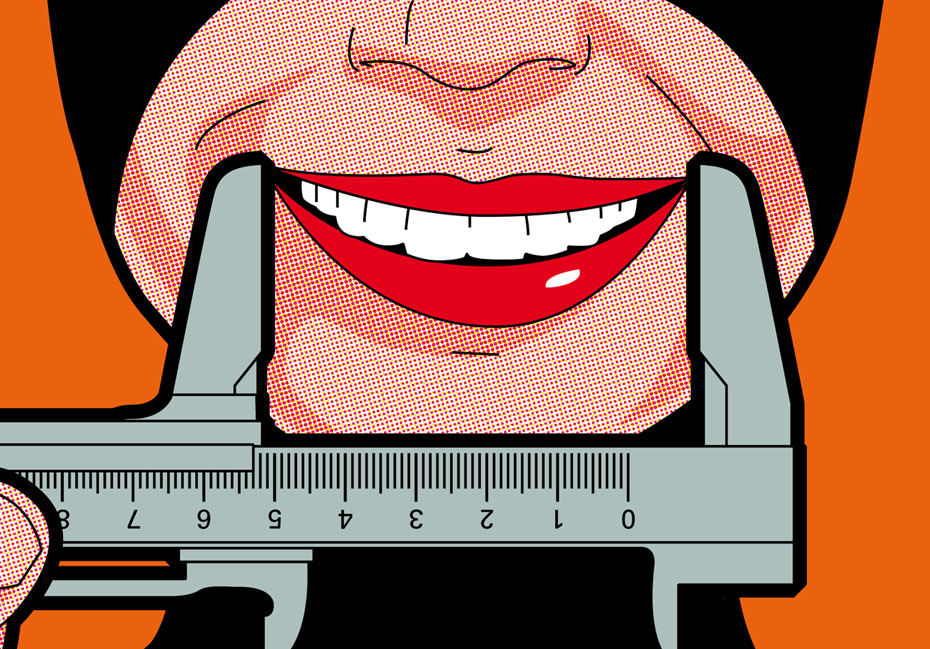Money alone does not make you happy. It also includes shares, participations, gold and real estate.
If you surf the Internet for a while (don't do it kids) or read the newspaper, you will find all kinds of generalizing statements about how money should affect you. The problem is that money, like happiness and contentment, is a complex topic that doesn't fit into a headline and no one reads the source material anyway. In the end, everyone wants a simple answer and that in turn stirs up false expectations.
For those who are in a hurry and just want to know how much money they need to be happy: More!
Money can usually be divided into assets and income. However, you can go further and look at where you got it from or how and for what money is used. If one looks now at the research situation in addition, one determines fast that there is no magic border starting from which one floats only on cloud 7. Nevertheless, a few numbers are often postulated, for example 75k [1], 95k [3], 105k [3] $ annual income or 10 million $ fortune [2], from which one would allegedly no longer become happier. Likewise circulates better self-made than inherited or rather spend money for others than for oneself. Where do such statements come from?
In the studies linked below [1-4] one can find all these numbers. However, these numbers are not meaningful on their own. In [5] they explicitly addressed the question whether the $75k limit exists or not. In the end, it can be said for both wealth and income that there seems to be no absolute limit. However, according to the law of diminishing marginal returns, further increases steadily decrease upward. So the first million is not only the heaviest, but probably for most people also "the happiest". On the other hand, to put another one on top of 10 million to 11 million is probably less significant, but not irrelevant. Similarly, self-made millionaires may be happier on average [2], but this does not mean that every heir must be unhappier than a self-made heir.
Regarding the use of money, there also seem to be some principles. Experiences (with others) are better than possessions, regular small expenditures are better than large one-offs, anticipation of a purchase is usually better than the purchase itself. [4] But also here you do you.
Even more difficult is a multifactorial consideration as it is done in [6]. If one puts in the calculator times an Edgecase with max. fortune, 1k income and <30 square meter dwelling, in a large city and without acquisition one lands nevertheless in the Prekariat. This is then rather moderate satisfaction and health attested. Why it is so difficult to grasp just the edges upward one sees with [7] quite well. The further up one looks, the less data is available, especially in Germany. For the millionaires' DLC of the socio-economic panel, even the tabloids of the rich, ala 700 richest according to Manager Magazin, are consulted.
The bottom line is that money and its impact is as individual as its owner. Who is without money a sourpuss, does not become by more money the cheerful nature. The thought pattern, if X, then Y does not lead here unfortunately to the goal. Because it is never the fictitious future - I, but always only the present - I that can be happy. In this sense, simply take distance from time to time and be satisfied with what you have, regardless of the size of the deposit / salary. If this is too agitating for you, here is a video to increase your dissatisfaction: youtu[dot]be/LO1mTELoj6o
PS: In any case, written only for you, does not concern me at all.
[1] https://www.pnas.org/content/107/38/16489
[2] https://dash.harvard.edu/handle/1/37221623
[3] https://www.nature.com/articles/s41562-017-0277-0
[4] https://hbswk.hbs.edu/item/6537.html
[5] https://www.pnas.org/content/118/4/e2016976118
[7] https://www.diw.de/sixcms/detail.php?id=diw_01.c.793802.de







